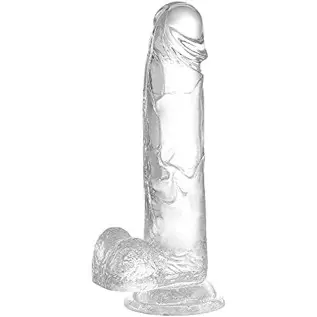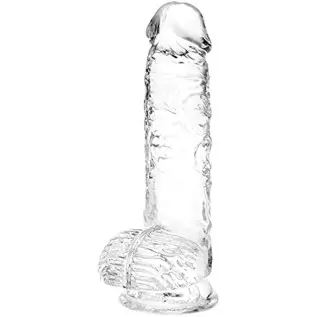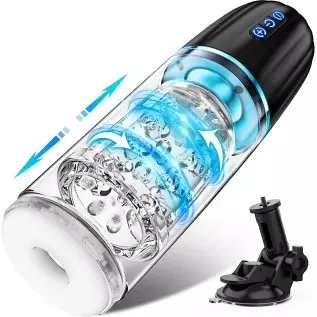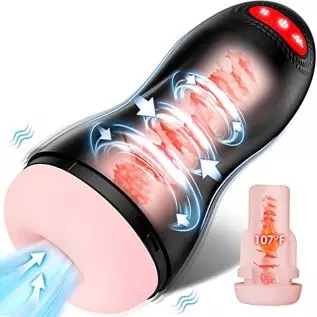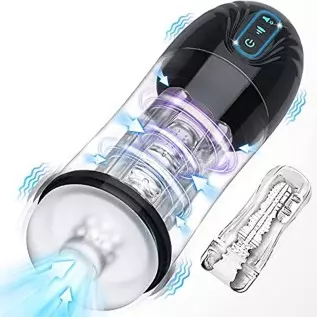How do men protect their sperm?
Foods rich in vitamin E, vitamin C, zinc, and omega-3 fatty acids have a good effect on testicular function and can help produce healthy sperm. You can find these nutrients in sunflower seeds, walnuts, citrus, oysters, cheese, and marine fish.
How men protect their sperm
What is "semen liquefaction"?
1 The newly ejaculated semen is in a jelly-like shape. After 10 to 20 minutes, it begins to liquefy under the action of fibrinolytic enzymes and becomes thinner, and then the sperm can move fully. The liquefaction time should be less than 30 minutes. If it cannot liquefy or liquefies for more than 1 hour, it will affect the vitality and survival rate of sperm and lead to infertility.
2 A sperm that moves forward bravely and fights to the end needs good food first
In semen, sperm account for only 5%, and 95% is seminal plasma secreted by the prostate, seminal vesicles and bulbourethral glands, which is also the energy source of sperm. Sperm must be active and agile in order to reach their destination. For this reason, sperm need strong nourishment, such as zinc, citrate and magnesium from prostatic fluid, and fructose from seminal vesicles.
Foods rich in vitamin E, vitamin C, zinc, and omega-3 fatty acids have a good effect on testicular function and can help produce healthy sperm. You can find these nutrients in sunflower seeds, walnuts, citrus, oysters, cheese, and marine fish.
Foods rich in folic acid, vitamin B6, and vitamin B12 can provide accelerating stimulants for sperm. Eat more oats, beans, salmon, cabbage, herring, and beef.
Improve semen quality and have sex every day.
A study by the University of Sydney found that regular sex can improve the quality of semen. Contrary to common understanding, researchers believe that many couples' desire to get pregnant does not come true because they intentionally abstain from sex for a period of time in order to increase their sperm count. They specifically selected men with abnormal semen as research subjects, and found that all men who ejaculated once a day had greatly improved semen quality compared with before.
3Sperm is a COOLGUY!
Sperm is extremely heat sensitive. The ideal temperature required for producing healthy sperm is 33°C to 35°C. If the temperature rises only a few degrees Celsius, production will stop, and the vitality and quality of sperm will also be damaged. It takes about 2 months for a sperm cell to be completely produced from beginning to end, so being heated for a few hours will not affect the sperm, but long-term and frequent heat exposure will not affect the sperm.
Don’t soak in hot springs often. According to research, sperm count decreases after hot baths, saunas, or colds accompanied by fever. Taking a full-body hot bath once a week for 30 minutes each time with the water temperature exceeding body temperature is enough to greatly reduce sperm production and agility.
Don't sit for long periods of time. A study from the University of Rome shows that Italian taxi drivers' semen is more likely to develop lesions than men in other occupations, which is due to their occupation and their preference to sit in heated seats while driving. When you have to sit for long periods of time, it's a good idea to change your sitting position frequently and spread your thighs apart—although this position is unsightly, it's healthy.
Don't wear slim-fitting pants. Pants that are too tight will inevitably press the testicles against the body, and the body temperature is generally higher than the testicular temperature. The heated testicles will affect the quality of the sperm.





